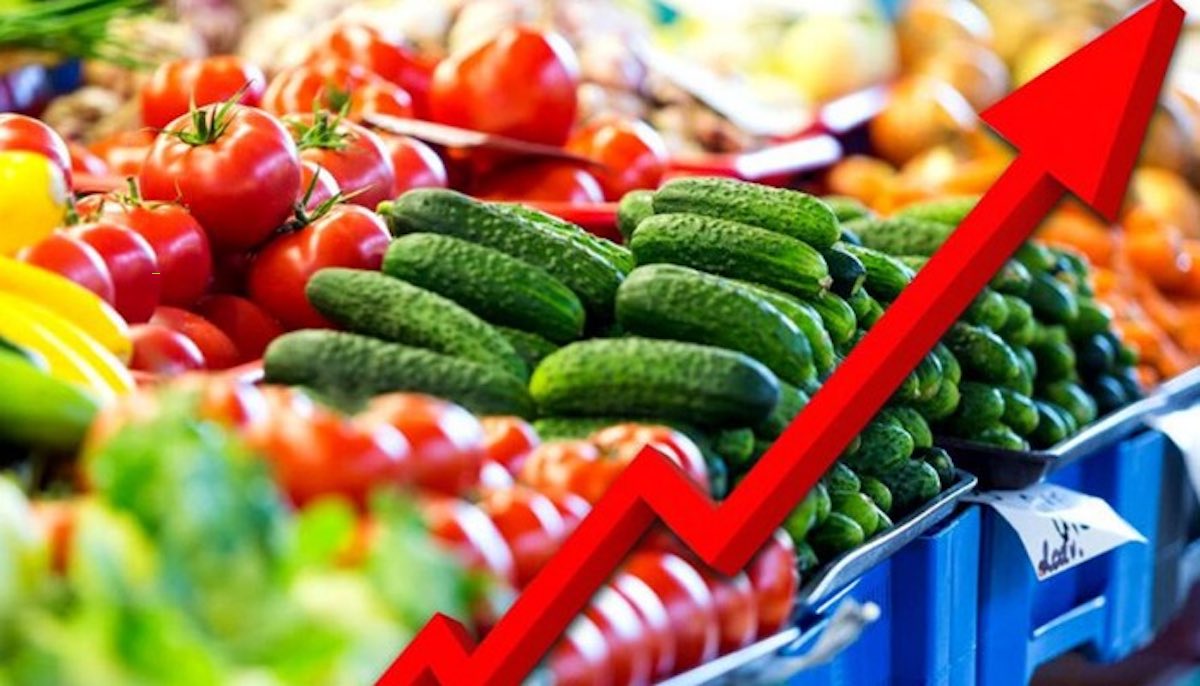Nigeria’s inflation rate surged to 34.6% in November 2024 from 33.8% in October, according to the latest Consumer Price Index (CPI) report by the National Bureau of Statistics (NBS).
This represents a year-on-year increase of 6.4 percentage points compared to 28.2% in November 2023.
On a month-on-month basis, inflation rose by 2.638% in November, slightly lower than October’s 2.64%. The NBS noted that although prices are increasing, the pace of monthly price growth slowed slightly.
Food inflation crisis
Food inflation climbed sharply to 39.93% in November 2024, compared to 32.84% in November 2023. Month-on-month food inflation also saw a modest rise to 2.98%, up from 2.94% in October.
Key contributors to the surge in food prices included staples such as yams, maize, rice, guinea corn, and vegetable oil, as well as items like dried fish, powdered milk, and frozen meat.
Over the past 12 months, the average food inflation rate reached 38.67%, marking an increase of 11.58 percentage points compared to 27.09% in November 2023.
Inflation based on states
Food inflation rates varied significantly across states:
- Highest year-on-year rates: Bauchi (46.21%), Kebbi (42.41%), and Anambra (40.48%).
- Lowest year-on-year rates: Delta (26.47%), Benue (28.98%), and Katsina (29.57%).
- Highest month-on-month increases: Yobe (5.14%), Kebbi (5.10%), and Anambra (4.88%).
- Lowest month-on-month increases: Adamawa (0.95%), Osun (1.12%), and Kogi (1.29%).
The NBS attributes the trend to increased costs of essential staples, highlighting the need for targeted policies to address food security and price stabilization.




